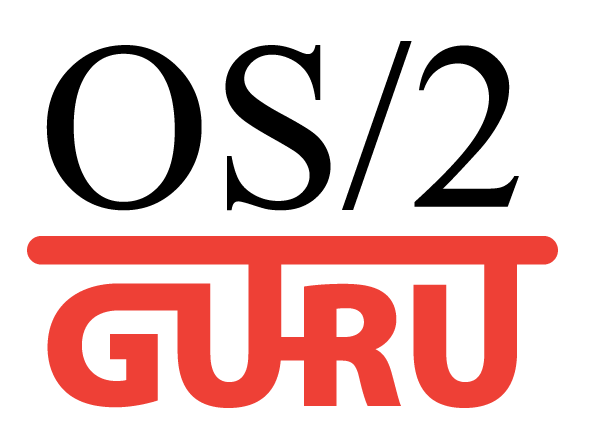
DevCon for OS/2 - Developer Connection |
Operating systems: ArcaOS, eComStation, IBM OS/2 Warp |

|
|
|
Documentation for software productBasic advices How to write the documentation for software product.
Document: External specification(RUS) Contents of external specification
Document: whatsnewIf your program is equipped with whatsnew then
How to update whatsnew?
Document: .HLP/.INF filesIt's possible to write simple IPF code directly with an text editor. For more complex and highly-linked documents, that would be a very uncomfortable option. Examples: there are many .ipf in toolkit -> samples x:\PROG\Toolkit45\SAMPLES\PM\IPF There exist a couple of suitable IPF preprocessors:
|
|
||
|
ArcaOS 5.1.1 whatsnew - PNG iconsPNG icons on Desktop PNG icons on Desktop. (instead of ancient .ico designed in 1994) |
ACPI для OS/2eCo Software have started the development of ACPI driver in 2005 |
// надо на ENG!!

Buy OS/2 application:
PM Backup Suite
(incremental data backup)
|
| Every conference is important. |
Warpstock Europe 2016
Interview with Roderick Klein
What was happening at that conference? The work on ArcaOS was starting.. |
